What Is Recovery?
Understanding Substance Abuse Recovery
Recovery from substance abuse is a transformative journey towards reclaiming one’s life from the grip of addiction. It is a process that encompasses physical, emotional, and psychological healing, empowering individuals to regain control, find hope, and build a healthier future. In this guide, we explore the various aspects of substance abuse recovery, offering insights, strategies, and guidance for individuals and their loved ones.
The Stages of Recovery
Recovery from substance abuse is not a one-size-fits-all process; it’s a deeply personal journey with distinct stages:
1. Pre-contemplation
In this initial stage, individuals may not yet acknowledge their substance abuse problem. They may be unaware of the impact it has on their lives and those around them.
2. Contemplation and Preparation
During this stage, individuals begin to recognize the negative consequences of their substance abuse. They contemplate the idea of change and start preparing mentally for the journey ahead.
3. Action and Maintenance
The action stage involves committing to making changes in one’s life. It often includes seeking treatment, whether through detoxification, therapy, or support groups. The maintenance stage focuses on sustaining recovery efforts and preventing relapse.
4. Relapse: A Temporary Setback
Relapse is a common part of the recovery process for many people. It’s essential to understand that relapse doesn’t equate to failure. Instead, it’s a temporary setback that can provide valuable insights for future success.
Approaches to Substance Abuse Treatment
Effective substance abuse treatment involves a range of evidence-based approaches tailored to individual needs:
Detoxification
Detoxification, or detox, is the first step in treatment. It involves removing harmful substances from the body safely under medical supervision to manage withdrawal symptoms.
Inpatient Rehabilitation
Inpatient rehabilitation programs provide intensive, 24/7 care in a structured environment. They offer a comprehensive approach to treatment, including therapy and counseling.
Outpatient Programs
Outpatient programs offer flexibility, allowing individuals to receive treatment while maintaining their daily lives. They may involve therapy, counseling, and support groups.
Behavioral Therapy
Behavioral therapies, such as Cognitive-Behavioral Therapy (CBT) and Motivational Enhancement Therapy (MET), address the underlying causes of addiction and teach coping skills.
Medication-Assisted Treatment (MAT)
MAT combines medications with counseling and therapy to manage cravings and withdrawal symptoms, particularly in cases of opioid or alcohol addiction.
Personalized Treatment Plans
One size does not fit all in recovery. Personalized treatment plans take into account individual needs and challenges, ensuring the most effective approach to healing.
Building a Support System
Recovery is not a solitary journey; it requires a robust support system:
The Role of Family and Friends
Loved ones play a vital role in the recovery process, offering encouragement, understanding, and a sense of belonging.
Support Groups
Participating in support groups like Alcoholics Anonymous (AA) or Narcotics Anonymous (NA) can provide invaluable peer support and a sense of community.
Aftercare and Continued Support
Aftercare programs and ongoing support help individuals maintain their sobriety and cope with challenges after treatment.
Relapse Prevention Strategies
Preventing relapse is a crucial aspect of recovery:
Identifying Triggers
Recognizing common relapse triggers, such as stress, social situations, or emotional turmoil, is essential.
Coping Skills
Learning effective coping skills to manage cravings, stress, and difficult emotions can help individuals stay on the path to recovery.
Success Stories
Hearing success stories from individuals who have overcome addiction can provide hope and motivation.
Holistic Approaches to Recovery
Recovery is not just about abstaining from substances; it’s about holistic well-being:
Complementary Therapies
Complementary therapies like yoga, meditation, and nutrition promote overall physical and mental health during recovery.
Addressing Co-occurring Mental Health Issues
Recognizing and addressing co-occurring mental health issues, such as depression or anxiety, is crucial for lasting recovery.
Mind, Body, and Spirit
A holistic approach to recovery considers the interconnectedness of mind, body, and spirit, promoting balance and well-being.
Staying Motivated and Goal-Oriented
Maintaining motivation and setting meaningful goals are essential for long-term recovery:
Setting Realistic Goals
Individuals can set both short-term and long-term goals that provide purpose and direction.
Self-Motivation and Finding Purpose
Discovering personal motivation and finding meaning in life beyond addiction are powerful tools in recovery.
Long-Term Recovery Success Stories
Hearing about individuals who have achieved and maintained long-term sobriety can inspire and reinforce the belief in lasting recovery.
Getting Help at Mountain’s Edge Recovery
At Mountain’s Edge Recovery, we understand the complexities of addiction and the unique challenges it presents. We are here to support you or your loved one on the path to recovery.
Our Services and Programs
Our comprehensive range of services includes:
- Medical Detoxification: Safely managing withdrawal symptoms.
- Inpatient Rehabilitation: Intensive, personalized care in a supportive environment.
- Outpatient Programs: Flexible treatment options that fit your schedule.
- Behavioral Therapy: Evidence-based therapies to address addiction’s root causes.
- Medication-Assisted Treatment (MAT): Combining medication with counseling for comprehensive care.
- Support Groups: A supportive community of individuals committed to sobriety.
Seeking Assistance
Taking the first step toward recovery is a courageous decision. If you or someone you care about is struggling with substance abuse, please reach out to us at Mountain’s Edge Recovery. We are here to provide guidance, support, and hope on your journey to a healthier, substance-free life.
Conclusion
Recovery from substance abuse is a transformative journey, marked by growth, healing, and the restoration of hope. It’s a journey that recognizes the strength within individuals and their capacity to overcome addiction’s challenges. At Mountain’s Edge Recovery, we are dedicated to helping you or your loved one embark on this path to a brighter, healthier, and more fulfilling future. You are not alone, and there is hope for a life beyond addiction.

